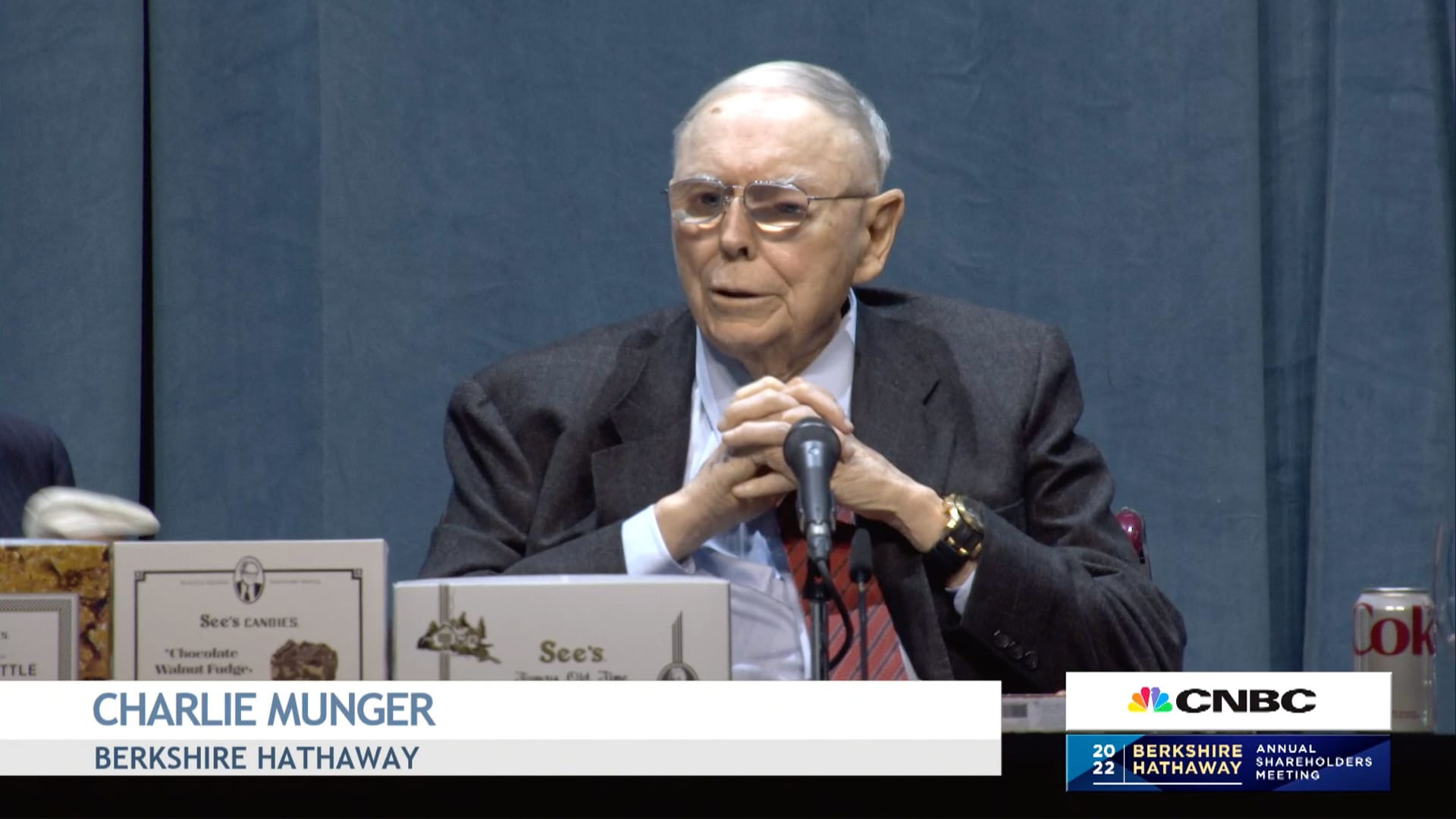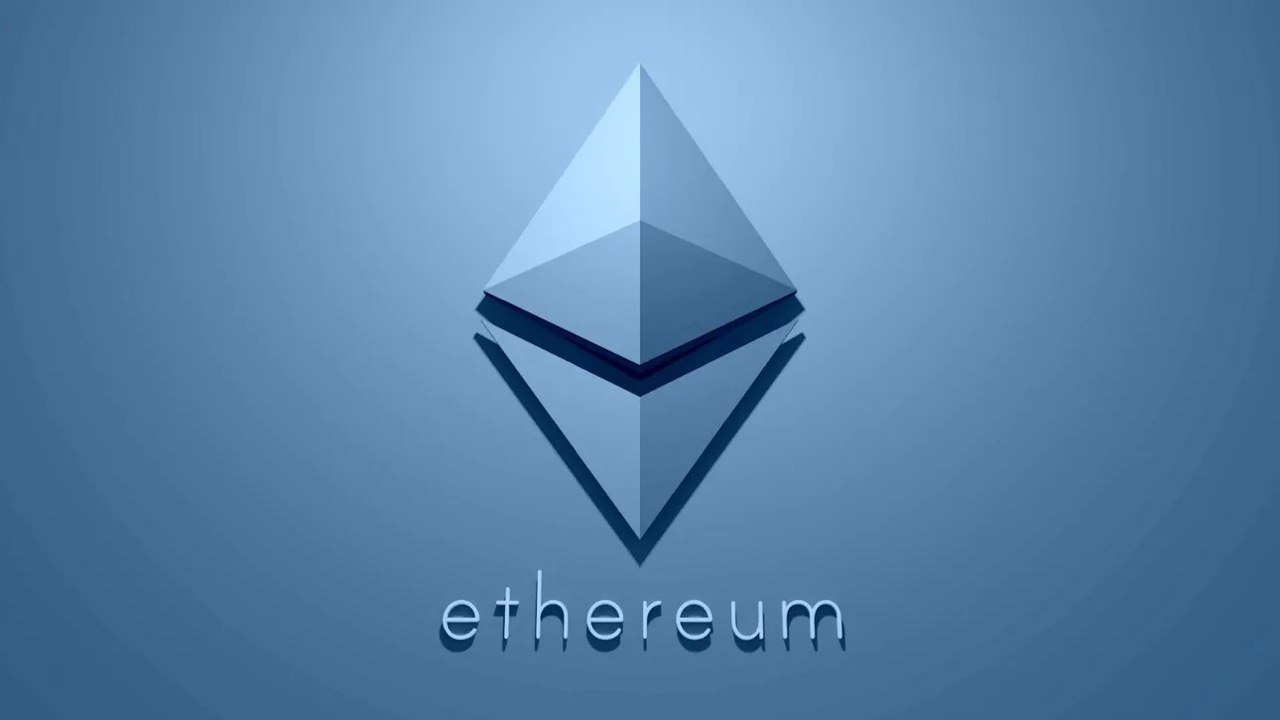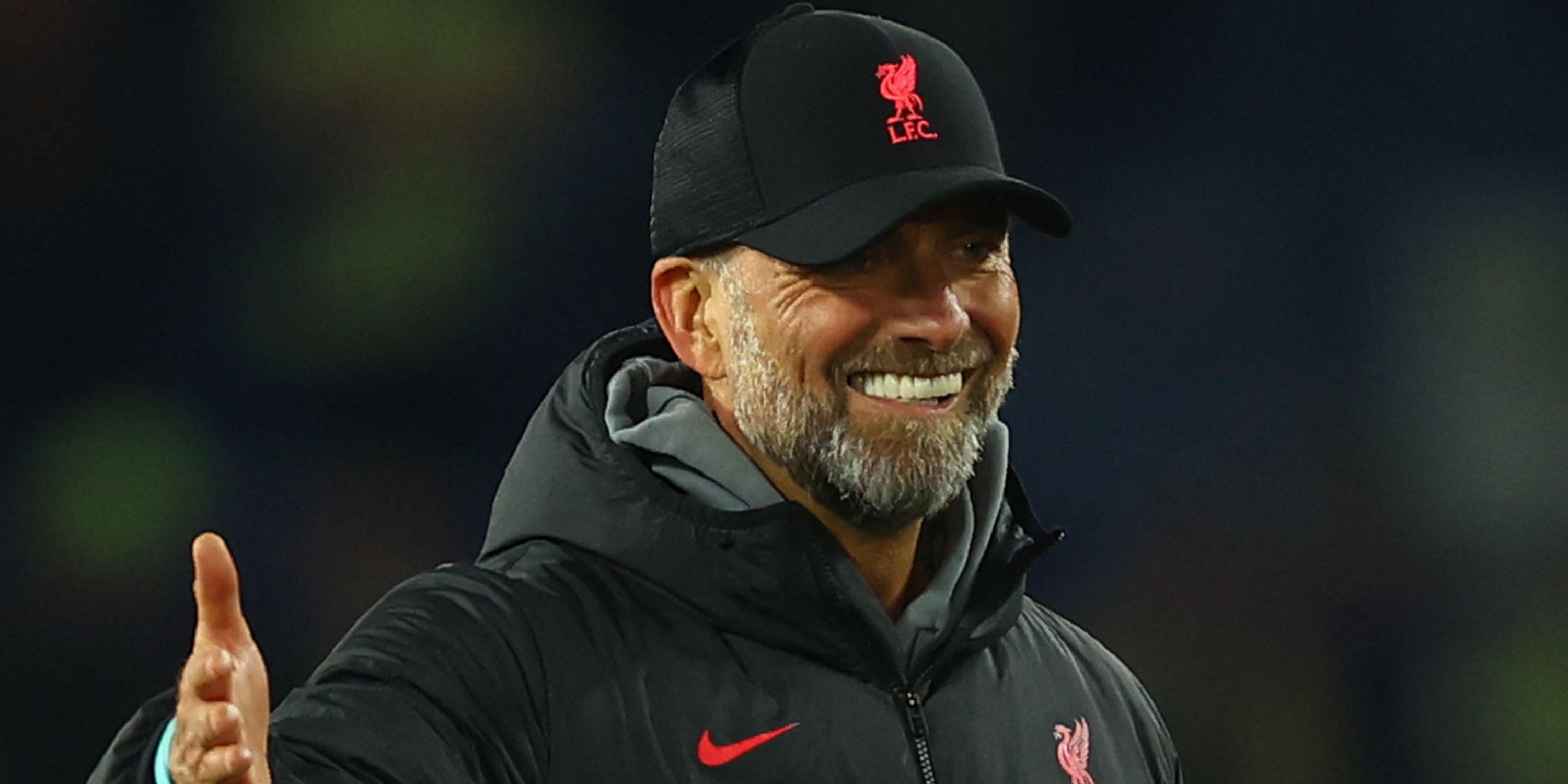Spanish prime minister Pedro Sánchez will discuss Chinese president Xi Jinping’s attempt to broker peace talks in Ukraine during an official state visit to Beijing next week.
Sánchez’s planned visit, and the move to put discussion of China’s Ukraine peace initiative on the agenda, add momentum to Beijing’s efforts to cast itself as a mediator in the war. Spain is due to assume the rotating EU presidency in July.
“I am grateful for President Xi’s invitation. It is important to know his position on peace in Ukraine and to convey to him that it will be the Ukrainians who establish the conditions for that peace,” Sánchez said ahead of a meeting of EU leaders in Brussels on Thursday.
“The most important thing is that we can guarantee a stable and durable peace. That means respecting the UN Rights Charter with respect to the territorial integrity of Ukraine that is being violated by Russia,” he added.
Sánchez met Ukrainian president Volodymyr Zelenskyy in Kyiv last month and said Spain would support Ukraine “in every way we can” in the face of Russia’s full-scale invasion.
The announcement comes a day after Xi returned from Moscow, where he backed Russian president Vladimir Putin in urging that any resolution of the Ukraine conflict needed to take the security interests of all sides into account.
China published a position paper on the Ukraine war last month. It outlined 12 points ranging from calls to respect the sovereignty of all countries and cease hostilities to opposing unilateral sanctions.
While some observers have called the paper a “peace plan”, it does not contain any concrete proposals for bringing Russia and Ukraine to the negotiation table. At the talks in Moscow, Putin praised China for “upholding an objective and fair position” on the conflict.
On Thursday, Chinese foreign minister Qin Gang told state media that Xi’s Moscow visit had demonstrated China’s global image as a peacemaker.
China has accused the US and its allies of fuelling the war with the aim of weakening Russia, but some Chinese foreign policy experts are sceptical about Beijing’s ability to mediate in the conflict.
“We believe the US doesn’t hope to see peace talks but hopes the war will continue,” said Wu Xinbo, dean of the Institute of International Studies at Fudan University in Shanghai.
“The Chinese side now needs to assess the will of Russia and Ukraine to negotiate. But it is very troublesome, not as simple as mediating between Iran and Saudi Arabia,” he added, referring to China’s recent role in helping the two Middle Eastern powers agree to resume diplomatic relations.
Xi’s Russia visit has heightened tensions between former communist countries in the EU and China. Krišjānis Kariņš, prime minister of Latvia, once occupied by the Soviet Union, said the visit was an “eye opener”, adding: “China is moving overtly on the side of Russia and this is a big challenge and difficulty for all of us.”
There should be a “joint European approach” to China, Kariņš told reporters in Brussels. “Combined we are very strong, individually it is divide and rule.”
UN secretary-general António Guterres warned EU leaders meeting in Brussels against isolating China, according to a person familiar with the private discussion.
Guterres also told them that Beijing considered it still had a positive relationship with the bloc, the person added.
















